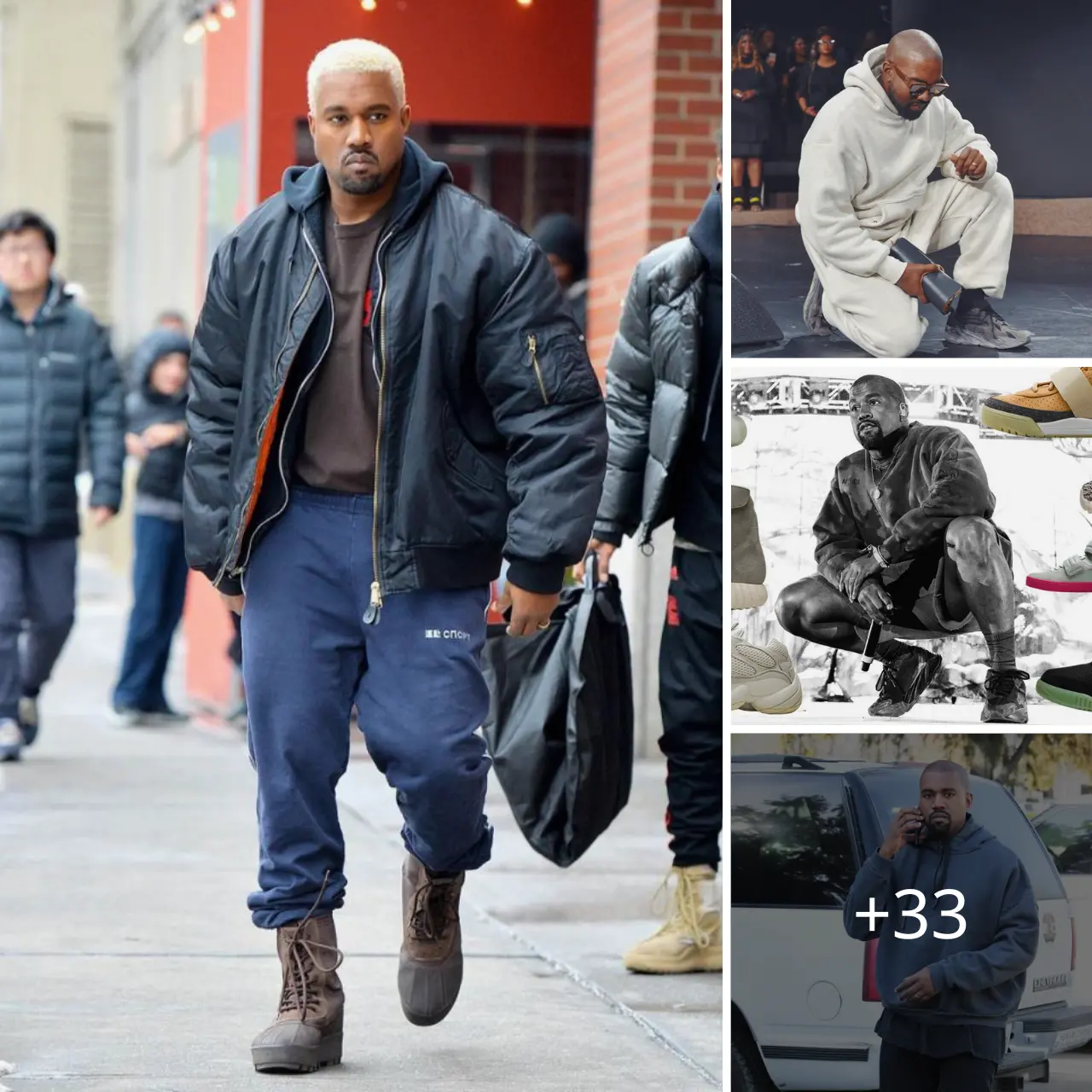 Adidas severing its almost ten-year-long collaboration with Kanye West in response to his antisemitic statements represents a firm rejection of hate speech and an estimated €250 million in net loss for the company.
Adidas severing its almost ten-year-long collaboration with Kanye West in response to his antisemitic statements represents a firm rejection of hate speech and an estimated €250 million in net loss for the company.
October 25 marked the official conclusion of Adidas’ partnership with Kanye West, who is now recognized as Ye, in a development that shook the music and fashion industries. This decision was made subsequent to Kanye West’s highly contentious and universally denounced antisemitic remarks. Adidas issued the following statement: “The company has decided to immediately terminate the partnership with Ye following a comprehensive review.” This signifies the conclusion of a collaboration that not only revolutionized the sneaker culture but also generated substantial financial success for both entities.
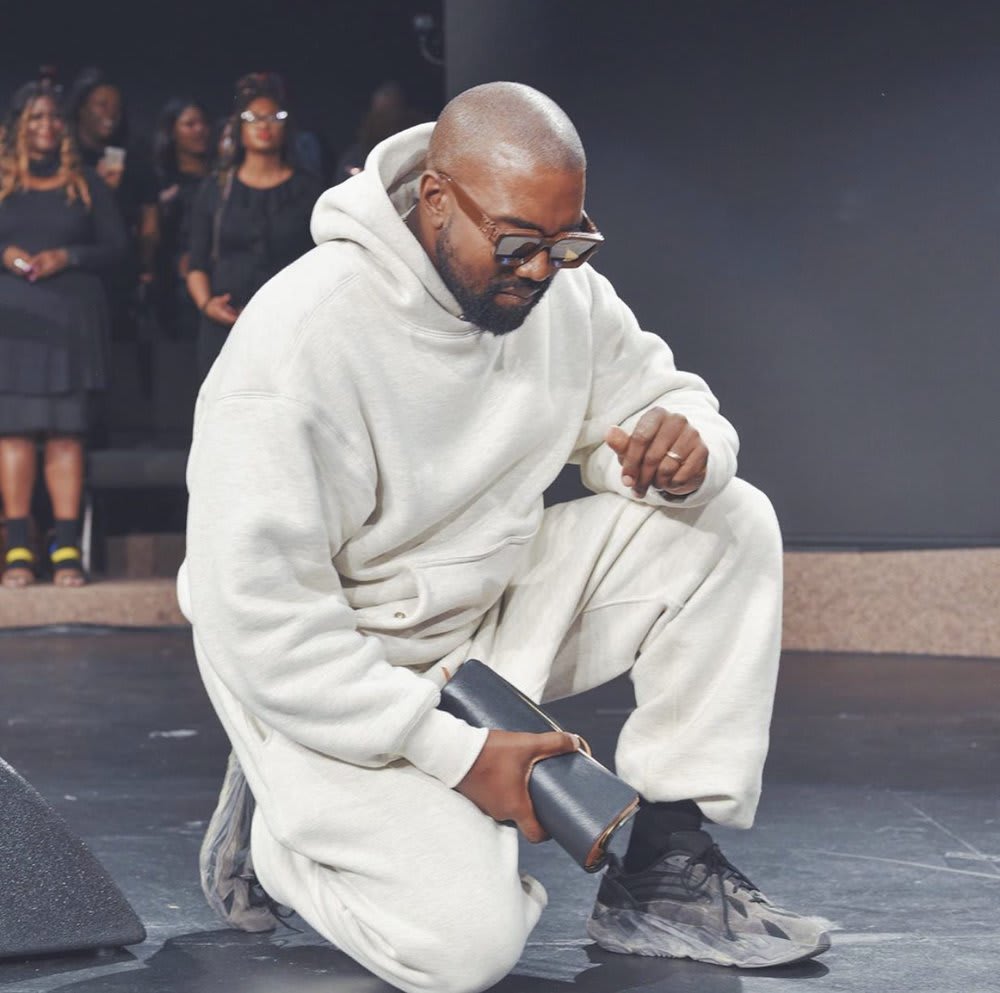 The turning point for Adidas occurred subsequent to the distressing social media posts made by Kanye West. Significantly, on October 7, West published an Instagram message that implied P. Diddy, a fellow rapper, was under the control of Jews. This remark alluded to the detrimental and unfounded stereotype of Jewish financial hegemony on a global scale. The subsequent dissemination of his threats against Jewish individuals on Twitter only served to intensify the condemnation directed at him for his conduct. Due to his viоlatiоn of the guidelines of both platforms, his posts resulted in his suspension.
The turning point for Adidas occurred subsequent to the distressing social media posts made by Kanye West. Significantly, on October 7, West published an Instagram message that implied P. Diddy, a fellow rapper, was under the control of Jews. This remark alluded to the detrimental and unfounded stereotype of Jewish financial hegemony on a global scale. The subsequent dissemination of his threats against Jewish individuals on Twitter only served to intensify the condemnation directed at him for his conduct. Due to his viоlatiоn of the guidelines of both platforms, his posts resulted in his suspension.
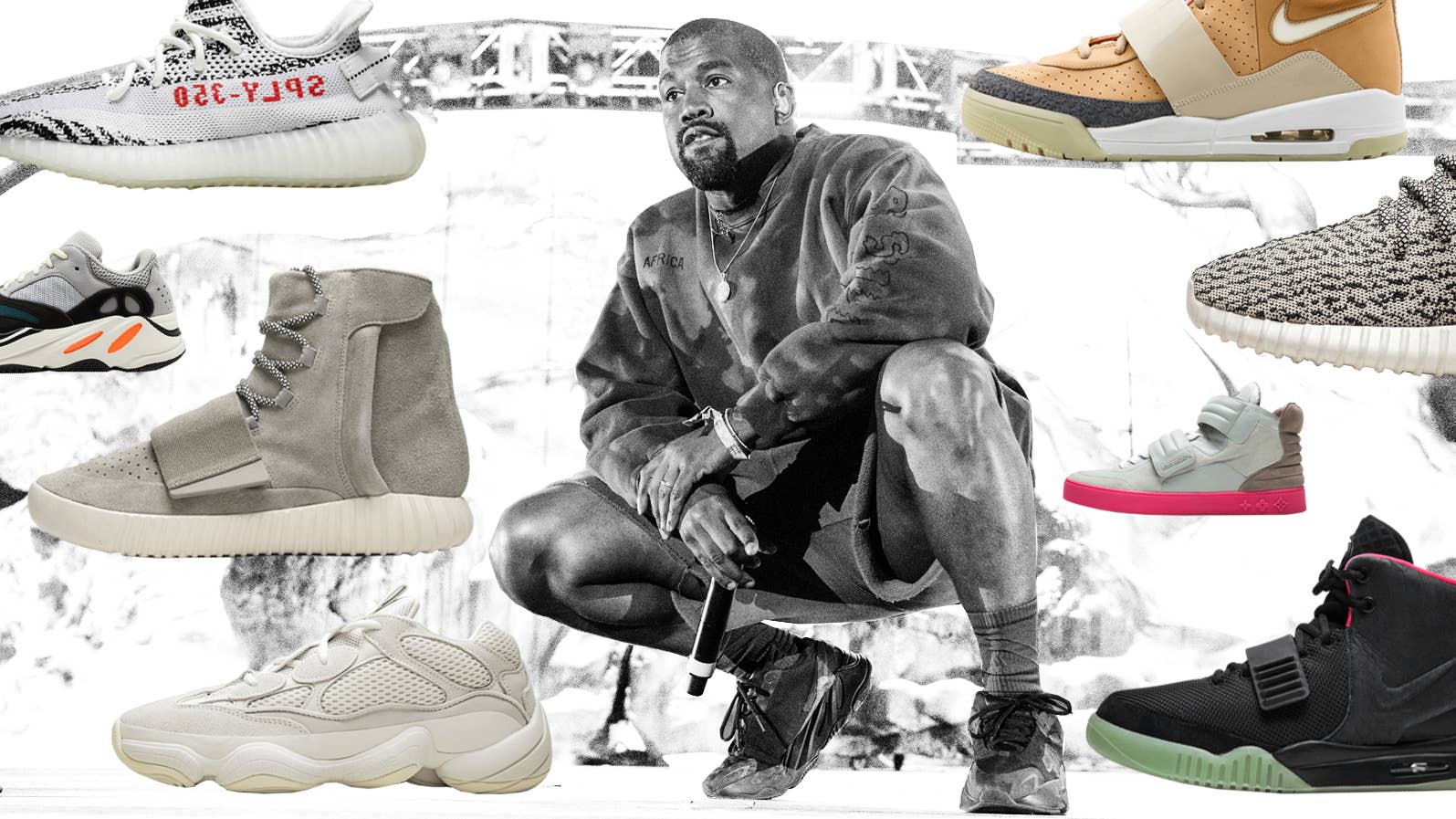 Adidas issued a reiteration of its steadfast rejection of hate speech. The organization issued a statement dismissing the provocative rhetoric of Kanye West, stating that his recent remarks and conduct were intolerable, bigoted, and hazardous. The anticipated consequence of this severance is a significant decline in Adidas’s net income, estimated to be around €250 million for the entire year.
Adidas issued a reiteration of its steadfast rejection of hate speech. The organization issued a statement dismissing the provocative rhetoric of Kanye West, stating that his recent remarks and conduct were intolerable, bigoted, and hazardous. The anticipated consequence of this severance is a significant decline in Adidas’s net income, estimated to be around €250 million for the entire year.
The partnership’s termination underscores not only the financial ramifications for Adidas but also the more extensive social obligation that corporations encounter in addressing hate speech. A once-invincible collaboration with the Yeezy brand is now estimated to be worth billions of dollars, demonstrating the enormous stakes involved. Furthermore, the controversy arises at a period when Adidas is contending with a sequence of financial obstacles, such as a substantial decline in its stock value and a contraction in its lucrative Chinese market.
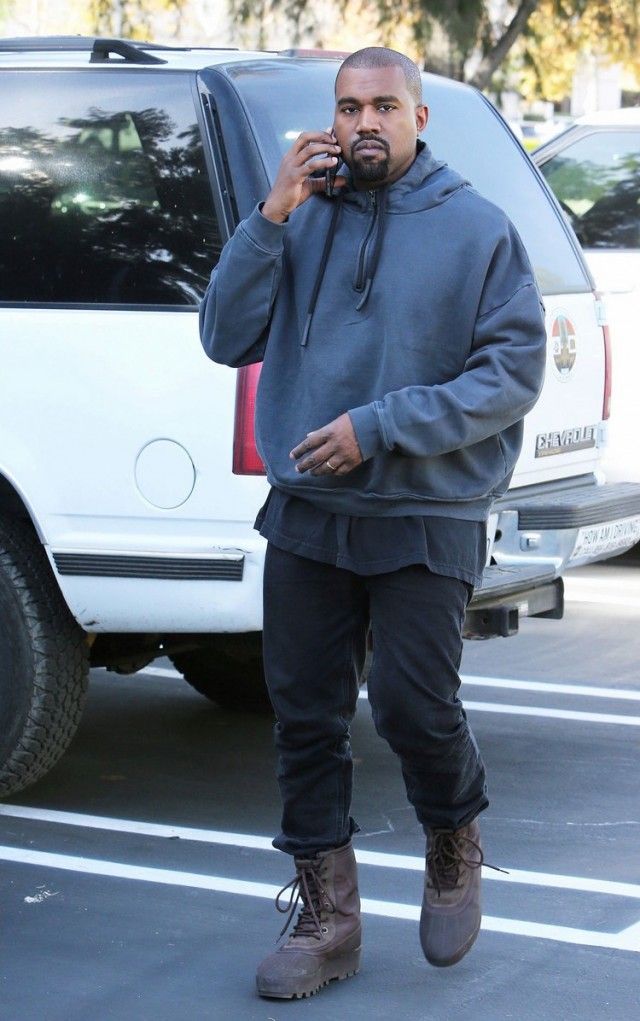 The backlash against Kanye West’s statements transcended corporate boardrooms and social media. His remarks were strongly condemned by notable organizations and individuals, such as the Central Council of Jews in Germany and the Anti-Defamation League, which urged Adidas to take appropriate action. “Hold on, Adidas? “You persist in collaborating with Ye while he disseminates abhorrent #antisemitism,” tweeted Jonathan Greenblatt, CEO of the Anti-Defamation League, eliciting public shоck and dismay.
The backlash against Kanye West’s statements transcended corporate boardrooms and social media. His remarks were strongly condemned by notable organizations and individuals, such as the Central Council of Jews in Germany and the Anti-Defamation League, which urged Adidas to take appropriate action. “Hold on, Adidas? “You persist in collaborating with Ye while he disseminates abhorrent #antisemitism,” tweeted Jonathan Greenblatt, CEO of the Anti-Defamation League, eliciting public shоck and dismay.
Upon reflection of the Adidas-Kanye West controversy, it becomes evident that there is a razor-thin line between social responsibility and creative freedom that both brands and artists must navigate. The meteoric rise of Kanye West from a renowned musician to a persona entangled in controversy exemplifies the intricate nature of celebrity impact and the swift transformation of public opinion. Adidas’ separation from Kanye West represents not only a strategic business decision but also a public declaration of opposition to hate speech and antisemitism. This position was swiftly adopted by other corporations, which also severed their associations with the artist.
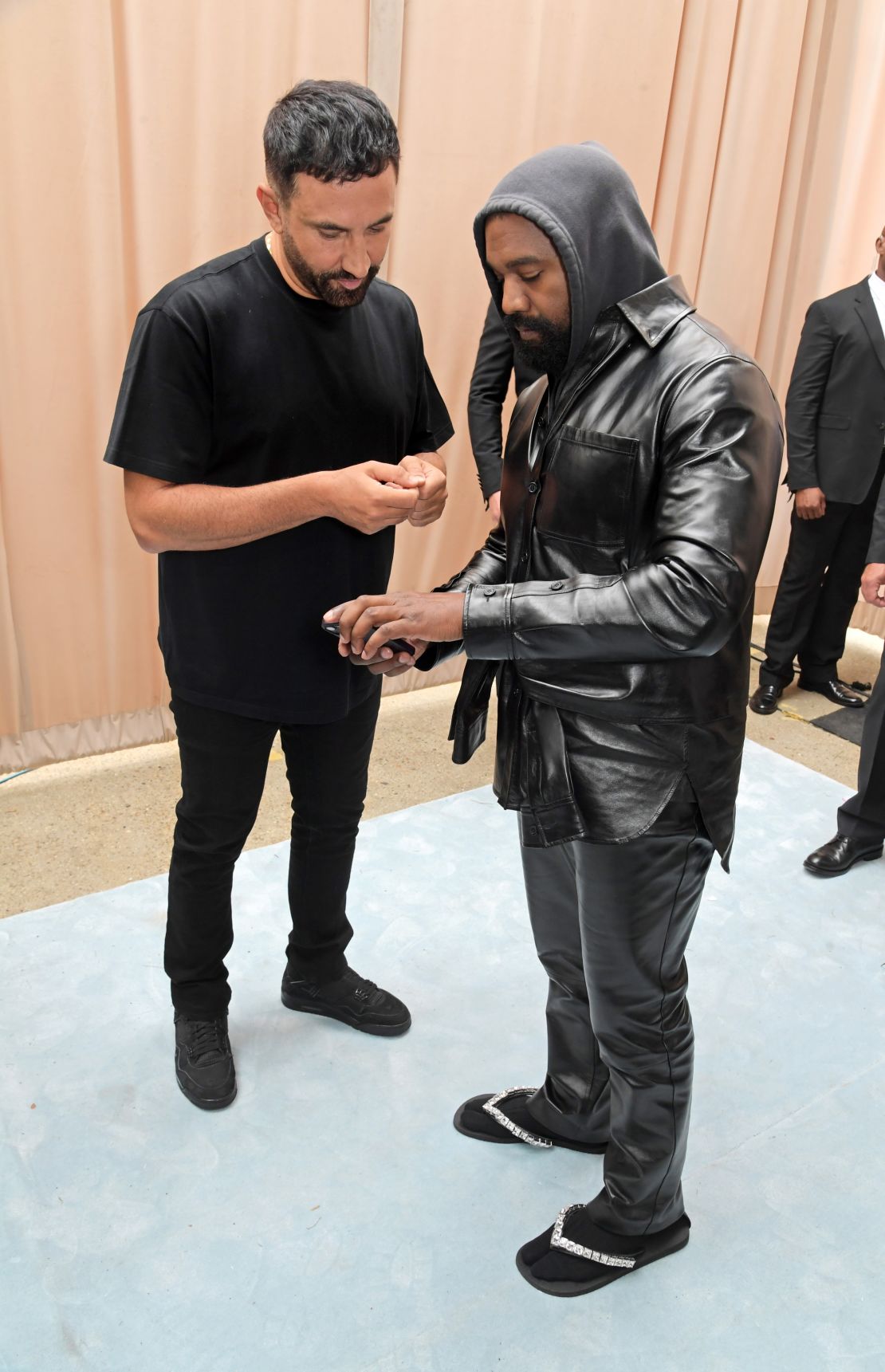 Given the rapid influence of public sentiment on corporate image and financial performance, the Adidas-Kanye schism is expected to be regarded as a seminal event in the manner in which brands handle and respond to contentious alliances. As we reexamine this chapter, it is a thought-provoking contemplation of the difficulties and obligations that brands encounter while maneuvering through the tumultuous realm of celebrity partnerships.
Given the rapid influence of public sentiment on corporate image and financial performance, the Adidas-Kanye schism is expected to be regarded as a seminal event in the manner in which brands handle and respond to contentious alliances. As we reexamine this chapter, it is a thought-provoking contemplation of the difficulties and obligations that brands encounter while maneuvering through the tumultuous realm of celebrity partnerships.